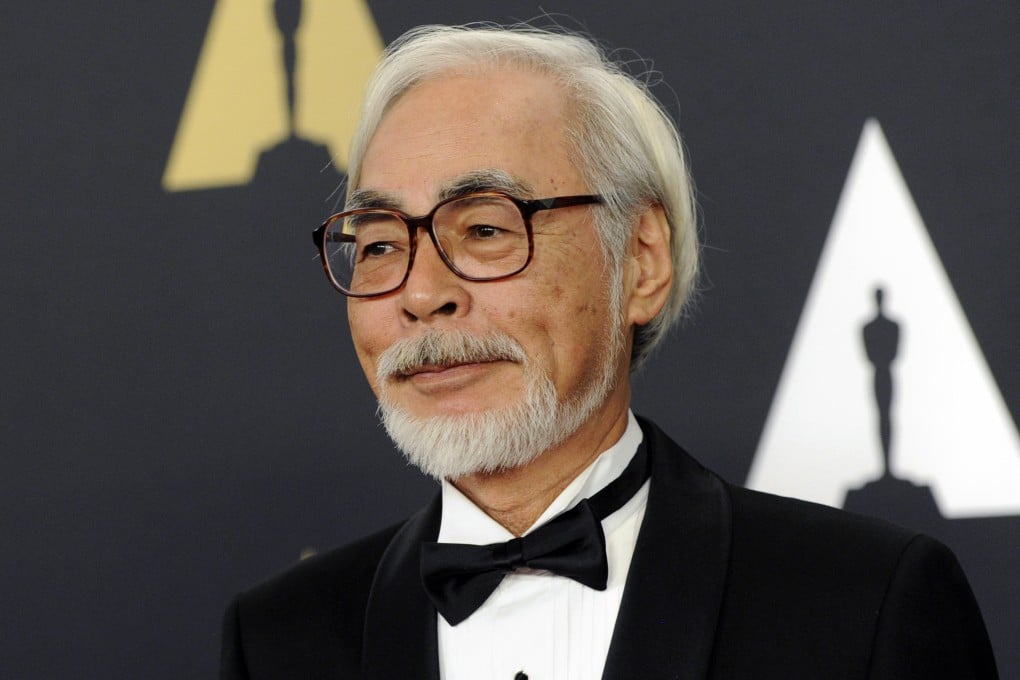Advertisement
Chinese nationalists take aim at Japanese animation master Miyazaki’s WWII film
- Hayao Miyazaki’s The Boy and the Heron is a box office success in China, but some say the Studio Ghibli co-founder’s anti-war stance is ‘hypocritical’
- Analysts say the criticism is a reflection of deteriorating Sino-Japanese ties and the film’s heavy symbolism leaves it open to interpretation
Reading Time:4 minutes
Why you can trust SCMP
7

Vanessa Caiin Shanghai
The latest film by Japanese filmmaker Hayao Miyazaki has received a mixed response in China, with some accusing the animation master of “insufficient reflection” over Japan’s war history as ties between Beijing and Tokyo worsen.
The film The Boy and the Heron, which was released in mainland China in early April, has gained praise but also received far more criticism compared to Miyazaki’s earlier works.
The movie features the surreal adventure of a Japanese boy during World War II as he is torn between the sorrow of losing his mother in an air strike on Tokyo and a sense of guilt from his father’s contribution to the war as a fighter jet parts manufacturer.
Advertisement
The mixed responses came despite Miyazaki’s well-known anti-war stance in Japan, where he made headlines in 2015 for urging his country’s leaders “to say clearly that aggressive war was completely wrong, having brought enormous damage to the Chinese people”.
Miyazaki, a co-founder of Japanese animation company Studio Ghibli and director of films such as Spirited Away and Princess Mononoke, was named one of Time magazine’s 100 most influential people of 2024 on Wednesday. The publication described him as “a brutal realist regarding greed, war, and human rage”.

Some Chinese nationalists have argued that Miyazaki’s anti-war stance is hypocritical as his latest film portrays Japanese characters in a sympathetic light and as victims of the war.
Advertisement
Advertisement
Select Voice
Choose your listening speed
Get through articles 2x faster
1.25x
250 WPM
Slow
Average
Fast
1.25x